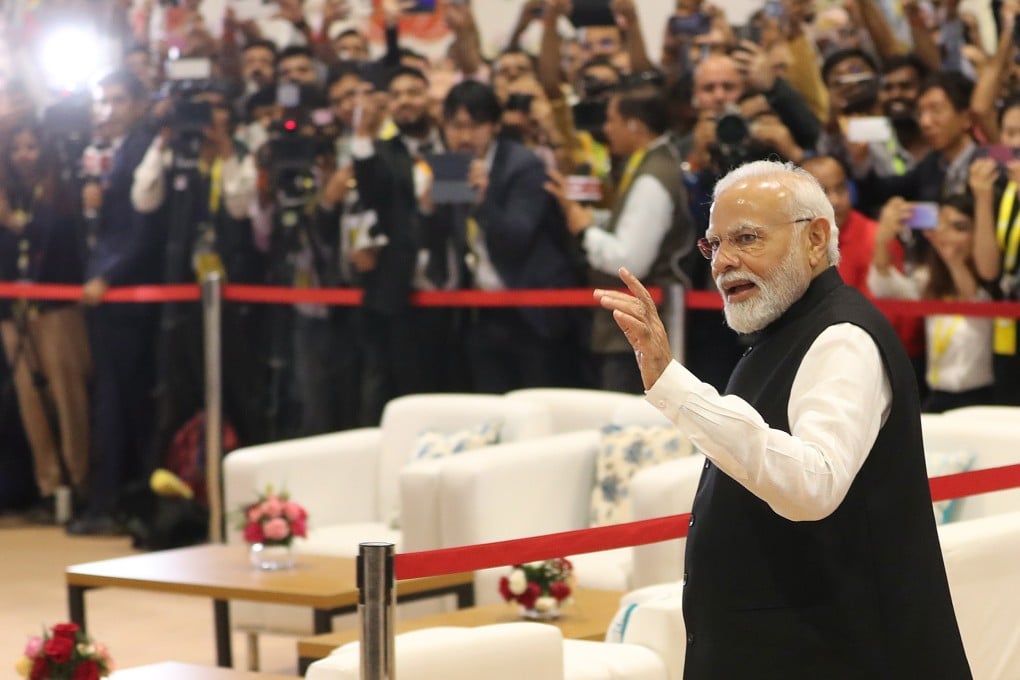Opinion | Why India’s G20 triumph means much more than the tangible results
- New Delhi is framing the summit as the country’s coming-out party, capping a year of milestones and on a par with the Beijing 2008 Olympics
- India has hit a geopolitical sweet spot, and is in a stronger position today than it was the last time it had a prominent international role, under Nehru

India’s G20 presidency brought India to the world, but it also brought the world to India as it served to invigorate public debate on global issues while simultaneously highlighting the growing importance of India to the world. This will undoubtedly be another feather in the cap of Prime Minister Narendra Modi ahead of next year’s general election (which could partially explain New Delhi’s decision to delay assuming its G20 presidency by a year by swapping with the intended 2023 host, Indonesia).
The Modi government has referred to India as “vishwa guru” – a teacher of the world offering Indian solutions to issues of global governance ranging from climate change to digital public infrastructure and global health. India’s commitment to globalisation – albeit a more equitable model of globalisation – also contrasts with the more insular world view that has taken hold in the West in recent years.
However, this symbolic triumph is a double-edged sword. India’s G20 presidency also reflected the challenges of navigating a climate of growing geopolitical polarisation amid the Russian invasion of Ukraine and widening fissures in the US-China relationship.

